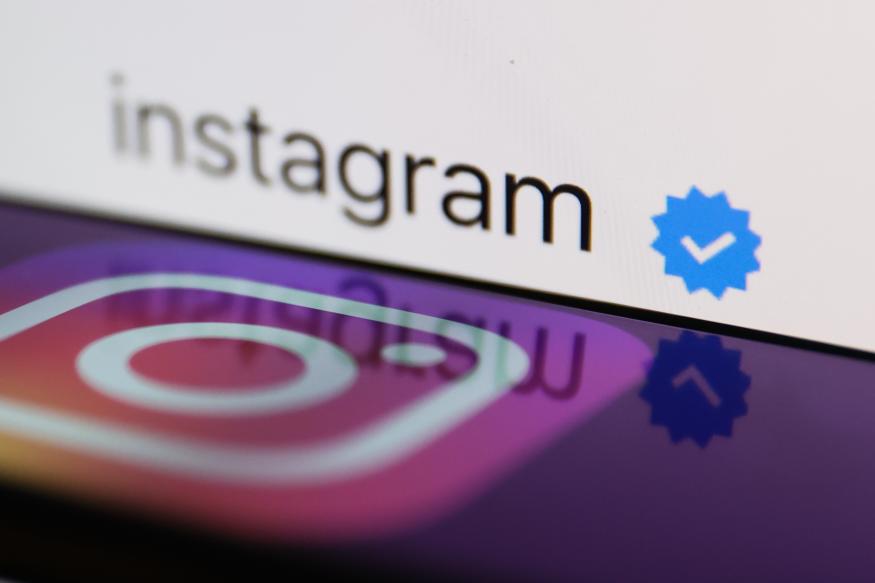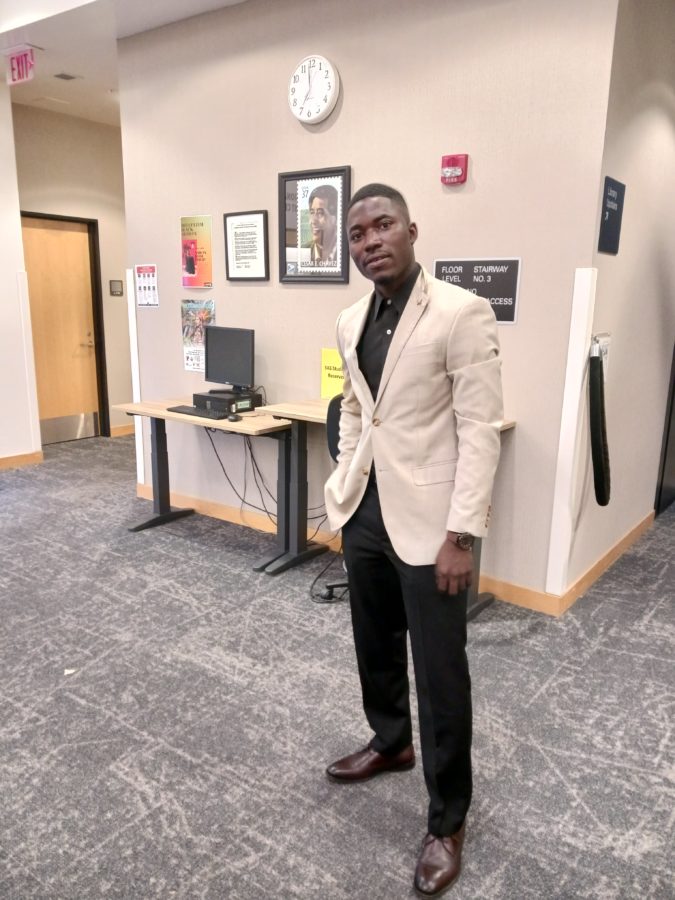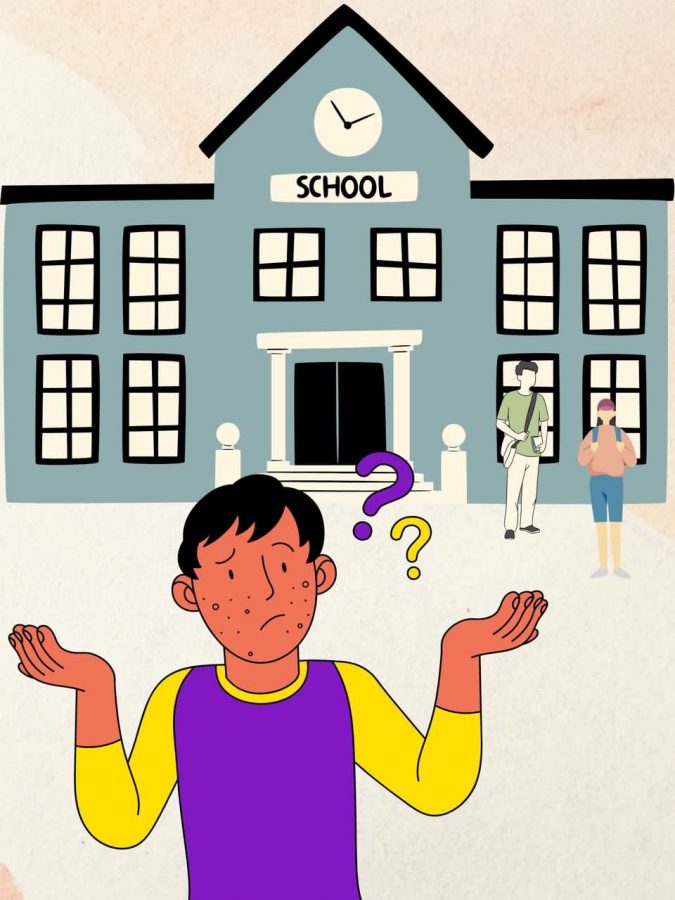
LSD started out, having been discovered by accident by chemist Albert Hofman in 1938, free from any laws. Now, you can get a life sentence in prison for selling small quantities of it.
Laws against possession, being under the influence, sales and transportation of intoxicating or controlled substances have been enacted at every level of government in the U.S.
These laws create extremely large ongoing expenses that consume our resources.
Being forced to spend our monies this way prevents building other infrastructure. We find we cannot even fund the things that prevent and abate crime, such as after-school recreational centers, which are well-needed and well-deserved public benefits.
Because drugs have been criminalized, consumers of drugs are forced to associate with criminals. Criminals are the only ones who are willing to take the risk of engaging in illegal business, to chance lengthy imprisonment for the large profits involved.
The prevailing philosophy is that Americans are better off with all these criminals behind bars, users as well as suppliers, or when released from prison, that they remain for a long time under strict supervision by parole or probation case managers.
In California, prisoners often wind up spending added time, sometimes significantly longer than the length of the original sentence, for testing positive to drug use. As Nancy Reagan, former First Lady, has said, all it takes is to, “just say no to drugs,”otherwise, make no mistake about it, you are back in custody with fresh time to serve.
The demographics of the prison population have led to comments about how the law and its administration is a form of class warfare, with low income people being a significantly larger part of the total incarcerated population.
The final effect is that those who don’t take any kind of drugs are considered law abiding, desirable people. These are the people for whom it has been our policy “To Protect and Serve.”
The explosion of consciousness and concepts of a new social order in the 1960s created tremendous backlash, such as “The War on Drugs.”This barbaric war can only be described as having been a genocidal rage against movements that threaten the status quo, and the majority of the population causing unrest, quantified as that of drug users. One would at least hope that the tone of the war can be changed to that of concern for the public caught in the middle, and for the people experiencing these health issues.
As described in The New Yorker magazine’s October 17, 2011 article, for the last decade in Portugal those caught with less of a 10-day supply of almost any drug are not arrested. The result has been a decline of serious drug use, particularly among the youth. The demand upon the criminal justice system has eased, drug related deaths have declined, and rates of HIV infection have also been reduced.
Every possible undesirable behavior carries sanctions under the law. Laws addressing the prohibition of drugs are not required to prevent undesirable behaviors. These already carry penalties under existing law.
If there is a side to the “War on Drugs,”not only have there been grave losses on both sides, but the majority of Americans are caught in the middle, so to speak, and also suffer from a situation that brings no relief from an excess of criminal behavior.
Cocaine is readily available in the Midwest and in the Eastern Seaboard. The producers this drug have long argued that we should apply ourselves to reducing this demand, and not to the interdiction of supply.
It is not about how right it is to placate drug addicts, as The New Yorker questions; it is about reducing the damage being done to us all by handling drugs as a criminal matter and not as a public health problem.
The magazine notes that a bigger health problem in the U.S. than both narcotics and cocaine combined is the misuse of legally prescribed medications. A large and continuous market for prescription drugs has evolved.
When I questioned a friend about the process of synthesizing LSD, he laughed and was quick to explain that I was much better off producing Risperadone, a commonly prescribed anti-psychotic that costs, for one pill a day, $12,000 a year for every patient being treated. The penalties, if caught, are far less, he explained.
Drugs are mind-expanding, and do create an evolution of consciousness. A clue to this is the old 1960s phrase, “Turn On, Tune In and Drop Out.”It is not by joining the established social order that individual consciousness changes, but believe it or not, through drug use and by the rejection of the established norms of society.
According to a US government funded study in 2006 at John Hopkins University, psilocybin (the psychoactive chemical in magic mushrooms) was linked to spiritual effects. Of the 36 participants, one-third (12) reported it was the single most spiritually significant moment of their lives. More than two-thirds (24) reported it was among the top five most spiritually significant experiences.
Two months after the study, 79 percent reported increased well-being or satisfaction. Their friends, relatives and associates confirmed this.
We need the old guard to give up, and let us repeal the many laws and statutes that were enacted just in order to maintain superiority over the youth born in the Age of Aquarius.
In the beginning of the AIDS epidemic, patients were denied access to the latest drug therapies because of the cumbersome process of complying with the Food and Drug Administration’s rules and regulations.
It makes no sense to brew alcohol the same as we have for thousands of years. Only in a free market will it be possible to create different brands of designer alcohol that do not paralyze the motor skills of the drinker, and do not contribute to the untimely death of the drinker and of others on the drive home.
We are presently capable of making Cannabis Wine; a concoction of 2 percent alcohol infused with cannabis so as to produce a “buzz”that wears off quickly enough for a safe drive home, but which is a pleasant drink.
If bars have to stop serving alcohol at 2 a.m., it would serve us all if they stayed open for a few more hours serving coffee and food so that patrons can have a warm and safe place to sober up before leaving.
To provide a market environment is the way to foster American creativity and ingenuity. To that end, decontrol of all substances, including pharmaceuticals, is probably the only course.
There cannot be regulations any more stringent than those governing alcohol and driving. Every year 55,000 Americans die in car accidents, despite all the laws passed in every state.
The biggest killer of all, tobacco, screams for the manufacture of a healthier cigarette and different ways of smoking, such as old fashion hookahs using water to filter and cool the smoke.
Or perhaps something like a pot vaporizer would work. It is hot enough to melt the resin of the plant bud, but is cool enough not to ignite the plant material and thus does not produce the harmful smoke and other particulates that injure the smoker.
We need to reevaluate our roots, put an end to the cultural war, not succumb to every attempt to legislate our way out of problems and return to a free market economy where innovation is rewarded. This way we are going to be able to reduce our constant annual death toll, and treat people strictly for their health, not as mandated by existing, unworkable laws.






